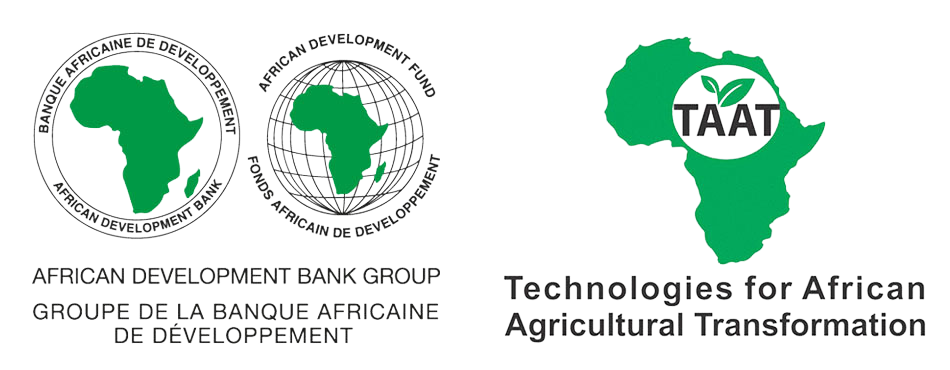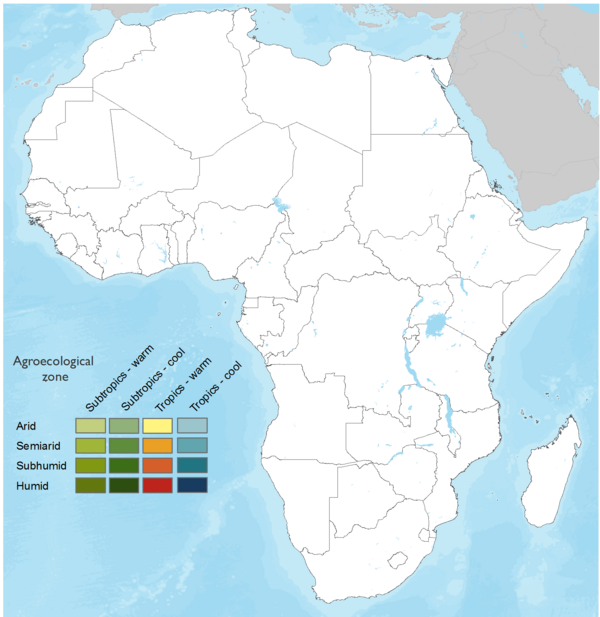

Unleash Prosperity with Our Drought-Tolerant White Grain Sorghum Hybrid
The high-yielding white grain sorghum hybrid, PAC 501, is a breakthrough technology offering significantly improved productivity. With an early maturity cycle of 95-100 days, it yields between 4 and 4.5 tons per hectare, which is higher than the average compared to conventional varieties that typically produce 2 tons per hectare. In optimal conditions, it can reach a potential yield of 11 tons per hectare. PAC 501 is drought-tolerant, providing reliable yields even under moisture stress, making it an ideal choice for regions with unpredictable rainfall. This variety is also nutritionally valuable, featuring high fiber and carbohydrate content, and is well-suited for human consumption and use in breweries. PAC 501 is currently used in countries such as Ghana, Nigeria, Sierra Leone, Cameroon, and across Southern Africa, reshaping sorghum cultivation by increasing resilience and productivity in diverse environmental conditions.
This technology is pre-validated.
Average cost of seeds for farmer
Gross income/inputs costs
average gross income
Low Yields:
Moisture Stress:
High Yields: Achieving remarkable sorghum yields, addressing the challenge of historically low production.
Moisture Stress Resilience: Demonstrating robust performance under moisture stress conditions, mitigating the impact of water scarcity on crop growth.
Optimal Responsiveness to Inputs: Highly responsive to key inputs, particularly fertilizer, optimizing the use of resources for improved yield and quality.
Double Yield Potential: This hybrid seed offers a doubled yield potential compared to Open Pollinated Varieties (OPVs), directly addressing the issue of low yields in traditional sorghum cultivation.
Increased Return on Investment: Farmers can expect a significantly higher return on investment due to the doubled yield potential, marking a substantial improvement over conventional farming practices.
For Seed Producers:
The development of High yielding white grain sorghum hybrid technology substantially boosts sorghum yields, thereby enhancing food security and farmers' economic well-being.
To efficiently scale seed production, it's essential to procure Foundation or Registered Seed, depending on your role in the seed development cycle. There is no licensing requirement for multiplying High yielding white grain sorghum hybrid seeds.
Potential customers encompass wholesale seed distributors, cooperatives, development projects, governmental agencies, and NGOs. Building strong partnerships with wholesale distributor networks is crucial for business viability.
For Users:
Utilizing High yielding white grain sorghum hybrid technology ensures reliable production even in challenging environmental conditions. This technology empowers farmers to refine their agricultural methods, boost their earnings, and support sustainable development within their communities.
This technology is available in various countries, including Cameroon, Sudan, Tanzania, Egypt, Ghana, Côte d’Ivoire, Niger, Malawi, and South Africa, with cultivation costs averaging USD 28 per hectare for seeds and USD 250 per hectare for inputs.
The estimated return on investment (ROI) stands at 2.88 (gross income/inputs costs), excluding labor expenses.
Partnerships with private seed companies, cooperatives, and seed growers are crucial for successful implementation.
Adults 18 and over: Positive high
Increases economic opportunities through higher crop yields, providing more reliable income from farming and commercial activities such as brewing.
The poor: Positive high
Improves resilience to drought and ensures higher yields even in challenging conditions, helping alleviate food insecurity in low-income areas.
Under 18: Positive medium
Enhances food security by providing nutritious grains with high fiber and carbohydrate content, promoting better nutrition and health.
Women: Positive high
Supports women farmers by offering a drought-tolerant crop that ensures stable yields, improving food production and income generation for families.
Climate adaptability: Highly adaptable
PAC 501 is drought-tolerant, helping farmers maintain productivity in regions with unpredictable or limited rainfall.
Farmer climate change readiness: Significant improvement
PAC 501 prepares farmers to better handle climate variability, making their farming practices more resilient.
Carbon footprint: Much less carbon released
By reducing the need for intensive inputs like irrigation, PAC 501 can help lower the carbon footprint of sorghum farming.
Water use: Much less water used
It reduces the need for excessive irrigation, making it efficient in water-scarce areas.
| Country | Tested | Adopted |
|---|---|---|
| Cameroon | Tested | –Not adopted |
| Côte d’Ivoire | Tested | –Not adopted |
| Egypt | Tested | –Not adopted |
| Ghana | Tested | Adopted |
| Malawi | Tested | Adopted |
| Niger | Tested | –Not adopted |
| South Africa | Tested | –Not adopted |
| Sudan | Tested | Adopted |
| Tanzania | Tested | Adopted |
This technology can be used in the colored agro-ecological zones. Any zones shown in white are not suitable for this technology.







| AEZ | Subtropic - warm | Subtropic - cool | Tropic - warm | Tropic - cool |
|---|---|---|---|---|
| Arid | ||||
| Semiarid | – | – | ||
| Subhumid | – | – | – | – |
| Humid | – | – | – | – |
Source: HarvestChoice/IFPRI 2009
The United Nations Sustainable Development Goals that are applicable to this technology.

It improves food security by significantly increasing crop yields and providing a reliable source of nutrition, even in drought-prone areas.

The high nutritional value of PAC 501 contributes to improved human health and well-being.

It contributes to climate resilience by providing a crop option that is adaptable in drought-prone regions.
Sowing in Rainy Season:
Characteristics:
Maturity:
Yield:
Last updated on 1 October 2024